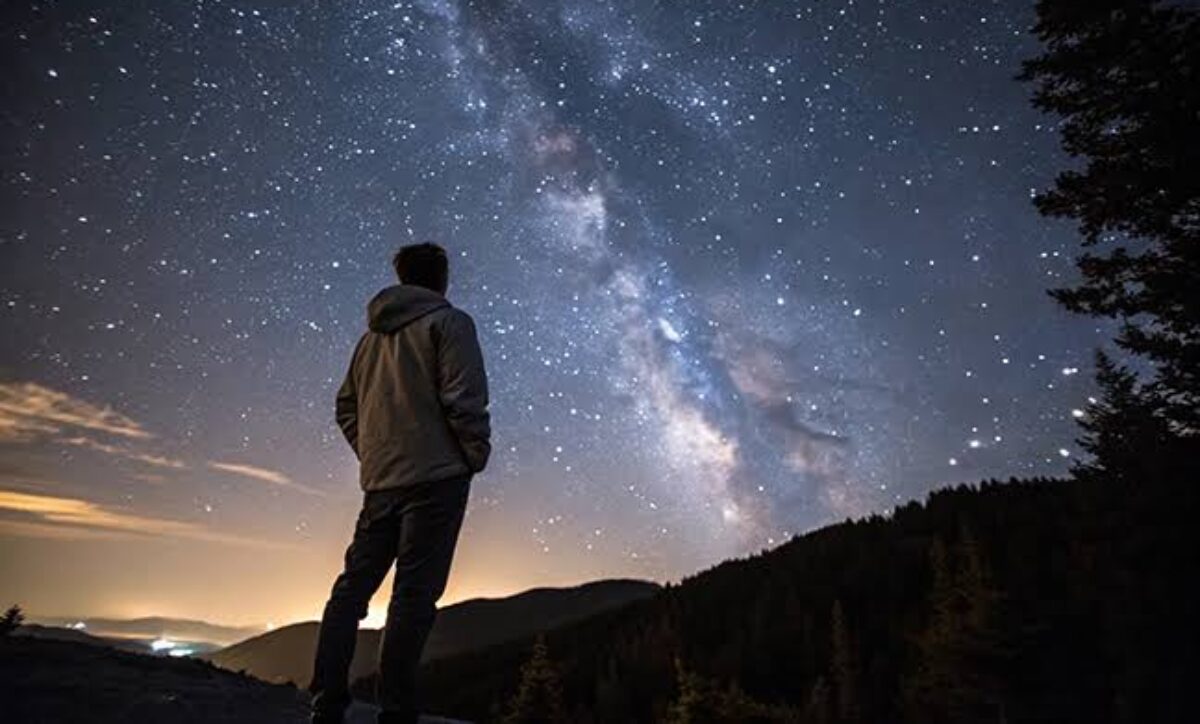In our earlier articles the core premise of a recursive self-knowing reality was based on an assumed starting point. When considering the alternative of an infinite regression we were confronted with the following problem:
If each moment in time, point in space, or entity was created by something prior, we could endlessly ask, what came before that? This seemed to defer rather than resolve the fundamental question of origins, suggesting the need for a starting point – something that existed without reliance on prior causation.
However, given that some scientific and philosophical models allow for an infinite past or an infinite multiverse, it is prudent to re-examine whether our framework necessarily excludes such possibilities. While blind causation that simply defers the question is unsatisfactory, infinite self-knowing recursion could potentially be accommodated.
The Possibility of an Infinite Past or Multiverse
Several existing theories suggest that reality may not have a singular beginning but could instead be infinite in scope:
The Eternal Multiverse:
- The inflationary multiverse posits that our universe is just one of many, each arising from an ongoing, eternal process.
- Each universe could be seen as a distinct iteration of a recursive self-knowing process, exploring different facets of reality.
Cyclical Universes:
- Some models suggest the universe undergoes infinite cycles of expansion and contraction, where each “Big Bang” is preceded by a prior phase.
- This could be viewed as recursion on a grand scale, with reality continually knowing itself in new iterations.
The Block Universe:
- In relativistic physics, time is often described as a dimension where past, present, and future already exist.
- If time is emergent (as suggested in this model), its perception as “flowing” could arise from recursive self-knowing interactions rather than a fixed linear progression.
These possibilities align with the Recursive Reality Project’s premise. If reality is fundamentally a recursive self-knowing system, then an infinite past does not necessarily contradict this – it could be an eternal, ongoing process without a singular “beginning.”
A Self-Creating Dynamic
Regardless of whether reality had a definitive start or has existed eternally, we must still ask: What is the one thing it inherently possesses? The logical answer is itself.
In a reality with no external reference, no prior causation, and no external forces, the only mechanism for creation must be self-reference – reality knowing itself.
Through recursion, distinctions emerge:
- Time arises as a sequence of self-knowing iterations.
- Space emerges as distinctions create relationships and boundaries.
- Mathematics and laws arise from iterative patterns forming regularities.
Thus, the foundation of reality is not static but a self-referential recursion – a dynamic process where reality acts on itself to generate complexity.
Concluding Remarks
The original exclusion of infinite regression in the previous articles remains valid for blind causation – an endless chain with no mechanism. However, infinite recursion – where reality continuously generates and understands itself- is an open and logical possibility. Whether reality had a starting point or has always existed, self-knowing recursion is the underlying principle that allows distinctions, structure, and complexity to emerge.
This broader perspective strengthens the Recursive Reality Project’s framework, making it more comprehensive and compatible with current scientific theories while maintaining its core explanatory power.
